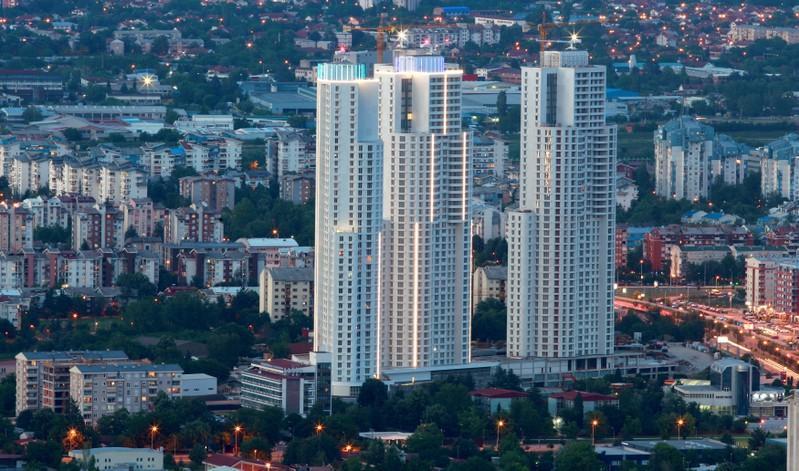Spurned by EU investors, Balkans looks to eager Turkey
KRUPANJ, Serbia-Reuters

Ivan Isailovic, mayor of the small Serbian town of Krupanj, is off next week to seek investors not in Munich or Paris, but in Istanbul - a sign of Turkey's growing influence across the western Balkans that worries some EU states.
With European Union enlargement sidelined by Brexit plus the consequences of the debt and migration crises, the region is becoming a playing field of power between the EU and Turkey, with Russia and China also vying for influence.
Isailovic wants jobs for his poor, isolated community that nestles in wooded hills near Serbia's western border with Bosnia. And his choice of where to court companies reflects Turkey's willingness to invest money and project "soft" power in Balkan countries.
A Turkish company has already created 300 jobs at a textile plant in Krupanj, with political ties between Belgrade and Ankara helping to secure the biggest investment in 30 years for a town that was badly hit by floods in 2014.
"They are good investors ... and they have not asked for subsidies," Isailovic told Reuters, saying this was why he was going to Turkey in the hope of attracting more money, this time into the local wood industry.
A perception is growing that western European governments and investors alike are neglecting the small and divided markets of a region in their own backyard. "Turkish investors go to underdeveloped areas unlike investors from Western countries," Marko Cadez, head of Serbia's Chamber of Commerce said.
EU leaders met their counterparts from Serbia, Albania, Bosnia, Montenegro, Macedonia and Kosovo on May 17, agreeing to build more energy links and work more closely on issues from countering radicalism to controlling migration.
But this was the first such meeting for 15 years and the EU made clear they could not expect a fast-track to membership of the bloc. "We didn't pretend today that everything is clear and simple," EU chairman Donald Tusk said at the Sofia summit.
According to the Serbian Chamber of Commerce, 20 Turkish plants either opened in the past year or are under construction in the country, which also has historic ties with Russia.
Trade volumes between Turkey and the six aspiring EU states in the western Balkans have climbed steadily for years, rising from $435 million in 2002 to $3 billion in 2016, with Serbia accounting nor nearly one third of the total.
With 340 million euros ($400 million) invested in Kosovo, most of it to buy an airport and power transmission company, Turkey is the third largest investor in that country.
Some Europeans are frustrated that the region may drift into Turkey's sphere of influence as it projects power culturally as well through business deals.
"Figures show that the European Union is the number one trading partner in the region, but some member states are worried about soft power Turkey has in the region," a Western diplomat who declined to be named told Reuters.
In Bosnia, an ethnically divided country in which Muslims make up majority, Turkey has spent 300 million euros in projects including reconstruction of mosques and Ottoman-era monuments.
* This is an abridged version of a Reuters article published on May 19.
















